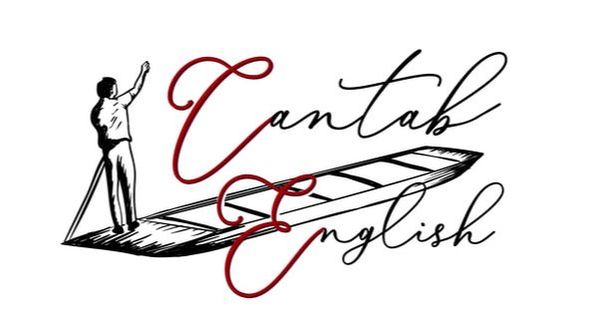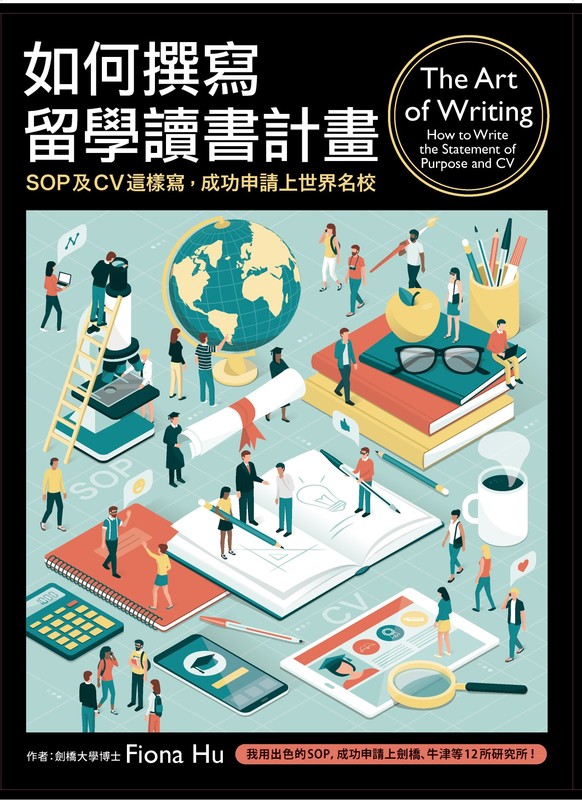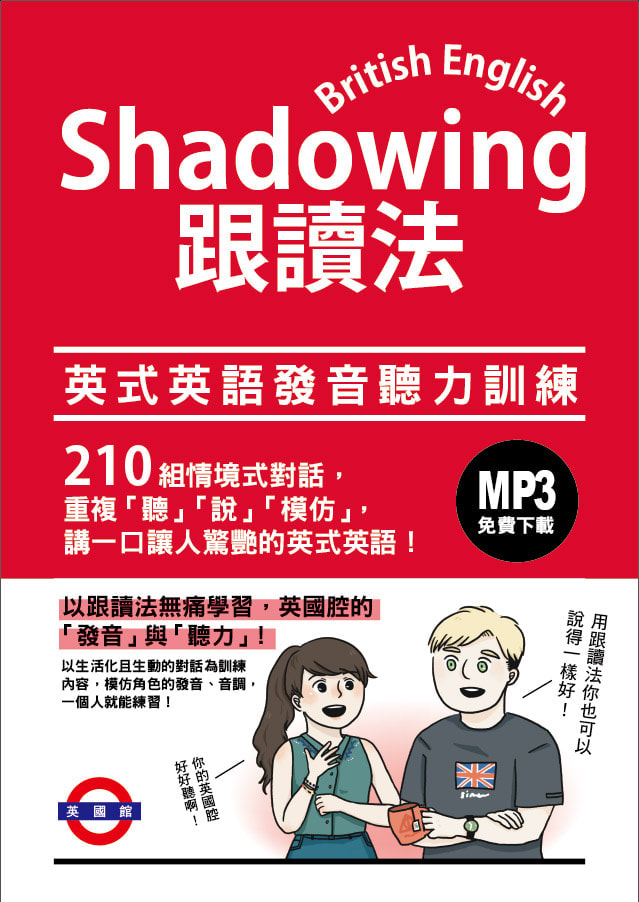|
如何寫出符合Fiona老師要求的summary
通常寫summaries要「用自己的話說」,不然算是plagiarizing。但是我希望學生用「模仿」的方式,而不是「用自己的話說」的方式來寫summary作業。 之後如果有交summary作業給其它老師或教授,注意要用自己的話說。但是寫我的summary作業時,請依照我的方法寫summary。 會這樣要求的原因是因為我大部份的學生的英文寫作能力還不夠純熟,用自己的話說往往是「先用中文想一次,再翻譯成英文」,很容易出現中式英文的狀況。 如果原句子有一個字,這個字有搭配的句型、名詞、動詞、介系詞等等,但是同學用自己的話說寫進summary,卻沒有查新的字如何使用,會搭配哪一些字一起使用,我改作業的時候很難跟你說為什麼不可以這樣寫,只能說「英文就是不能這樣寫」。 就像西方人學寫中文,可能會寫出很奇怪的句型,像是上一段話,他們會寫成:「如果有一個字在原句子沒有這樣使用的方式,其實有固定的句型,你卻沒有查,改作業的時候我很難跟你說為什麼不可以這樣寫」。 整句話中文是抓得到意思,但就是很怪。 我們寫英文的時候也會有同樣的問題,看起來像是英文,但就是很怪。 我的教法是基於我在劍橋唸博班學習英文寫作的經驗,以及我教英文寫作的經驗。 不要用自己的話說,要用模仿的。 找一篇優秀的英文文章,人家用什麼字,什麼名詞跟什麼動詞搭配,什麼動詞又跟什麼介系詞搭配,就照用學起來。 千萬不要用自己的話說,不然你學起來很沒有效率,我改起來也很沒有效率。 英文文章中的句子就是你的「標準答案」。你寫出來的英文句子應該跟標準答案至少有七成是一樣的。 我的責任就是幫你抓出你自己看不出來的錯誤,以及三成你用自己的話說可能會出狀況的地方。 我的第二個責任是說明原文章的特定幾句的意思、句型、以及文章上下文的連結。 我希望把學生訓練到可以不需要我,可以單獨作業,自己練習。這才是長遠學習英文寫作的方式。 寫summary的步驟:
以下我提供兩個範例,說明我希望你的summary長怎樣。 Notes是在閱讀文章的時候做的筆記,注意一句話最多可以寫五個字的筆記,筆記一行通常是原文章一句話。所謂英文「一句話」是「一個主要子句」,用句點或問號結束的一塊。 寫notes的目的是提醒你每一句應該講什麼,才不會變成像是在背國文課本那樣,整篇文章背下來。 可以跟原文比較一下,會發現學生寫的summary跟原文有七成以上是一樣的。 第一個部份是Notes,為學生寫的筆記。 第二個部份是Original article,為原文。 第三個部份是學生寫的Summary。 Notes 對應於 Original article 對應於 Summary 的同一句話,我標同樣的顏色。 這一份summary的寫法是挑重點寫,有幾句學生覺得不是重點跳過,但是有寫進summary的跟原文有七成以上是一樣的。 https://www.economist.com/open-future/2018/07/06/i-am-neither-trans-nor-a-woman-can-i-write-about-the-issues-they-face Notes: aspects, debate, transgender rights, others politicians, bring reason, civility, unbalanced saddest, not nasty to him dozen articles, gender debate common theme, changes, law, excluded articles, shared, no one, threatened abuse, routine, comment, transgender issues other people, women Original article: Many aspects of the debate about transgender rights, and how they interact with the rights of others, are troubling and even saddening. The anger and fear felt by so many of the participants. The lack of reliable statistics and evidence, and the hostility faced by those seeking to gather better evidence. The unwillingness of many politicians even to try to bring reason and civility to an unbalanced, vitriolic conversation. Personally, the thing I find saddest, and most telling, is that people aren’t particularly nasty to me. This year I have written a dozen articles for British publications about the gender debate: around 15,000 words. The common theme has been that women who ask questions and express doubts about changes in law and custom on gender issues to favour transgender people, and the implications for those born female, are excluded from political and public debate, sometimes through violent means. Those articles have been read and shared several hundred thousand times, and brought me more social-media reactions than I can count. Some were negative and a few were outright hostile. Yet none involved threats of violence and none expressed the hope that I die in a fire. There were no meditations on my being raped. No one called me a “transphobic c***” or, indeed, any other sort of c***. Such abuse is routine for others who write and comment about transgender issues. And indeed, that was part of the reason I took an interest. The vitriol of the debate, especially on social media, has had a chilling effect that should not go unremarked or unchallenged. Yet I have largely escaped that vitriol. Other journalists who have written about the topic and said similar things have experienced all of the aggression I describe above, and more. Several say they have sometimes feared physical attack by people unhappy at what they wrote. Those journalists are women. Summary: There are many aspects of the debate about transgender rights, and how these rights interact with the rights of others. On top of that, many politicians are unwilling to try to bring reason and civility to this unbalanced conversation. The author thinks that the saddest thing is that people are not nasty to him. The author has written a dozen articles about the gender debate. The common theme is that women who ask questions about changes in law and custom on gender issues are excluded from political debate. The articles that the author has written have been shared several hundred thousand times but no one has threatened him. However, such abuse is routine for others who comment about transgender issues. These other people are women. 提供另一個範例。這一篇summary的寫法沒有跳著寫,但是有把原文章比較複雜的句型簡化,像是細節刪掉一部份,或是太長的句子,拆成兩句。但是Summary還是使用原文的句型。 https://theconversation.com/why-is-it-fun-to-be-frightened-101055 Notes: John Carpenter, Halloween, 40th anniversary few, achieved, similar notoriety film, kicked off, stream, slasher flicks audiences, witness, murder, masked man X justice, victims, X rebalancing spend time, money, reminders, unfair Original article: John Carpenter’s iconic horror film “Halloween” celebrates its 40th anniversary this year. Few horror movies have achieved similar notoriety, and it’s credited with kicking off the steady stream of slasher flicks that followed. Audiences flocked to theaters to witness the seemingly random murder and mayhem a masked man brought to a small suburban town, reminding them that picket fences and manicured lawns cannot protect us from the unjust, the unknown or the uncertainty that awaits us all in both life and death. The film offers no justice for the victims in the end, no rebalancing of good and evil. Why, then, would anyone want to spend their time and money to watch such macabre scenes filled with depressing reminders of just how unfair and scary our world can be? Summary: John Carpenter’s horror film “Halloween” celebrates its 40th anniversary this year. This is an iconic film, and few other horror movies have achieved similar notoriety. This film kicked off the steady stream of slasher flicks that followed. Audiences went to theaters to witness the random murder and mayhem a masked man brought to a small town. The film does not offer justice for the victims, and there is no rebalancing of good and evil. Why would anyone want to spend time and money to watch such horrible scenes with reminders of how unfair our world can be?
0 Comments
Your comment will be posted after it is approved.
Leave a Reply. |
Dr Fiona Hu台大外文系學士 YouTube
How to Write a CV
GRE Stories: Learning vocab through stories
眾文出版專書
文章分類
All
Archives
March 2024
|


